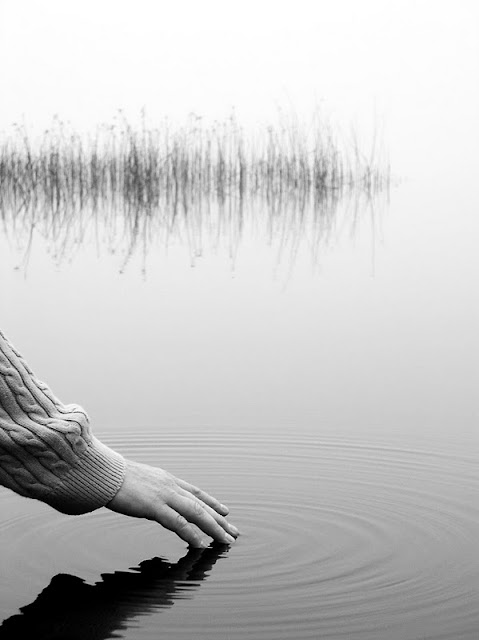TWO POEMS
Translated by Nicolás Suescún
Biography of Nobody
Nobody’s glory is remarkable: he had no ancestors under the sun, under the rain, he has no roots in the East or in the West. He is son of Nobody, grandson of Nobody, father of Nobody, small consul of oblivion.
Do you see an empty spot in the family photo, a hole, a space between the respectable relations? It is Nobody, without traces and without descent. The glory of Nobody is remarkable before the first morning of history, forerunner of men who today are grass, of fathers of other fathers that are candles with no wick.
Let us celebrate Nobody who allows us to presume we are Somebody.
Time
Has devoured my face
As Saturn his sons.
Maybe my deafness was a gift,
The way to damp down
The nocturnal scream from the shootings,
The fierce song of madness.
I come with news of the shadows,
The dream of reason
That gallops its turbulent horses
In my bedroom.
As Saturn his sons.
Maybe my deafness was a gift,
The way to damp down
The nocturnal scream from the shootings,
The fierce song of madness.
I come with news of the shadows,
The dream of reason
That gallops its turbulent horses
In my bedroom.
Juan Manuel Roca was born in Medellín in 1946. Poet, narrator, essayist and Colombian journalist. Published books: Memoria del agua, 1973; Luna de ciegos, 1975, Premio Nacional de Poesía Eduardo Cote Lamus; Los ladrones nocturnos 1977; Señal de cuervos, 1979, National Poetry Prize Universidad de Antioquia; Fabulario real, 1980; País secreto, 1987; Ciudadano de la noche, 1989; Pavana con el diablo, 1990; Memoria de encuentros, 1995. Recently he was awarded with The National Poetry Prize from The Ministry of Culture of Colombia, for the work: Las hipótesis de nadie. During 10 years he directed the Magazin Dominical a weekly publication that comes out weekly with the newspaper El Espectador.






































